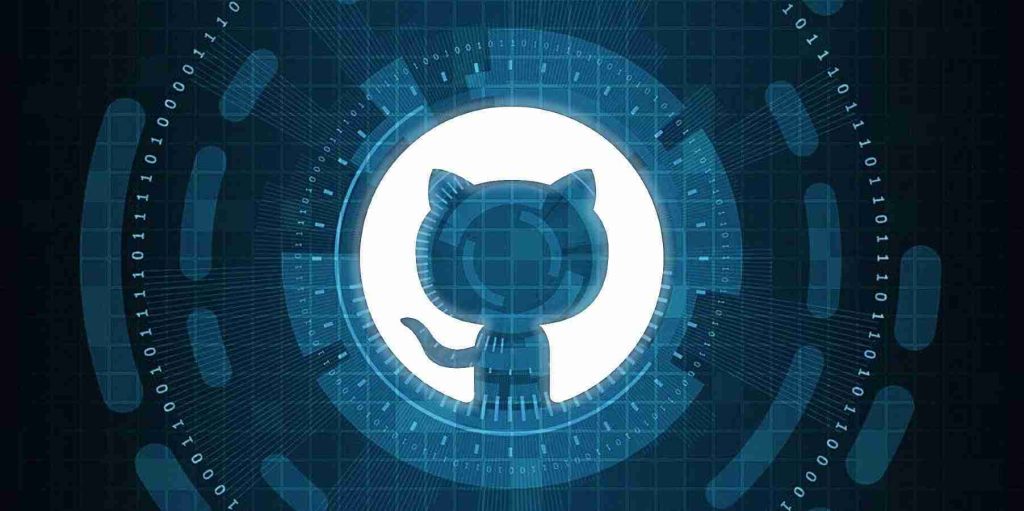KEEP IN TOUCH
Subscribe to our mailing list to get free tips on Data Protection and Cybersecurity updates weekly!







GitHub announced on Friday their updated community guidelines that explain how the company will deal with exploits and malware samples hosted on their service.
To give some background behind the new policy changes, security researcher Nguyen Jang uploaded a proof-of-concept exploit (PoC) to GitHub in March for the Microsoft Exchange ProxyLogon vulnerability.
Soon after uploading the exploit, Jang received an email from Microsoft-owned GitHub stating that PoC exploit was removed as it violated the Acceptable Use Policies.
In a statement to BleepingComputer, GitHub said they took down the PoC to protect Microsoft Exchange servers that were being heavily exploited at the time using the vulnerability.
“We understand that the publication and distribution of proof of concept exploit code has educational and research value to the security community, and our goal is to balance that benefit with keeping the broader ecosystem safe. In accordance with our Acceptable Use Policies, GitHub disabled the gist following reports that it contains proof of concept code for a recently disclosed vulnerability that is being actively exploited.” – GitHub.
However, GitHub faced immediate backlash from security researchers who felt that GitHub was policing the disclosure of legitimate security research simply because it was affecting a Microsoft product.
In April, GitHub issued a ‘call for feedback‘ to the cybersecurity community regarding their policies for malware and exploits hosted on GitHub.
After a month of input, GitHub officially announced yesterday that repositories created to host malware for malicious campaigns, act as a command and control server, or are used to distribute malicious scripts, are prohibited.
However, the uploading of PoC exploits and malware are permitted as long as they have a dual-user purpose.
In the context of malware and exploits, dual-use means content that can be used for the positive sharing of new information and research while at the same time can also be used for malicious purposes.
Also Read: 4 Considerations in the PDPA Singapore Checklist: The Specifics
The key changes added to the GitHub guidelines are summarized below:
While dual-use content is allowed, the new GitHub guidelines around PoCs and malware states that they retain the right to remove dual-use content, such as exploits or malware, to disrupt active attacks or malware campaigns utilizing GitHub.
“In rare cases of very widespread abuse of dual use content, we may restrict access to that specific instance of the content to disrupt an ongoing unlawful attack or malware campaign that is leveraging the GitHub platform as an exploit or malware CDN. In most of these instances, restriction takes the form of putting the content behind authentication, but may, as an option of last resort, involve disabling access or full removal where this is not possible (e.g. when posted as a gist). We will also contact the project owners about restrictions put in place where possible.
Restrictions are temporary where feasible, and do not serve the purpose of purging or restricting any specific dual use content, or copies of that content, from the platform in perpetuity. While we aim to make these rare cases of restriction a collaborative process with project owners, if you do feel your content was unduly restricted, we have an appeals process in place.” – GitHub.
GitHub states that they continue to support community feedback regarding their policies to continue improving their policies.
Also Read: The 3 Main Benefits of PDPA For Your Business
Update 6/5/21: Removed a comment to the PR as it was related to the previously proposed language and not the current guidelines.